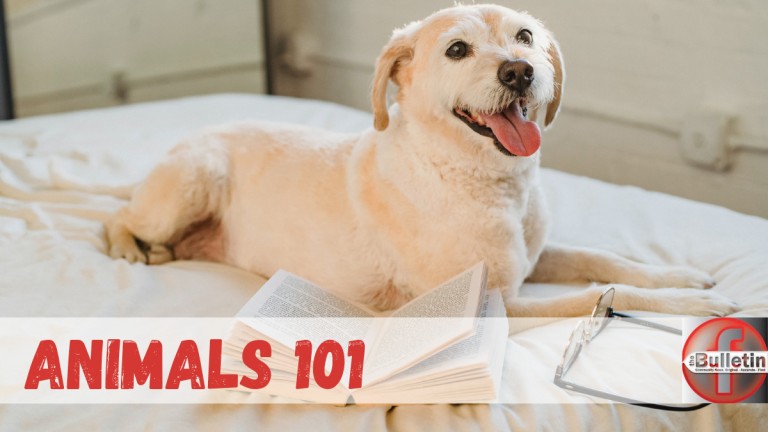
WHAT YOU SHOULD KNOW ABOUT SAVING A LIFE THROUGH ADOPTION!
South Africa is overflowing with unwanted dogs, cats, puppies, and kittens, even rabbits, birds, and other animals. It’s sad to think that most of these animals in shelters will never experience a loving home and the security of a family they deserve.
The sad reality is that although we promote adoption, we can’t adopt our way out of this crisis. Do you know 30 homes that want to adopt? I don’t, and that is the number of animals that easily come into one shelter per month and there are thousands of shelters. People selfishly breed and abandon animals faster than we can save them.
We understand that it seems easier to buy a pet, but buying a pet is part of the problem. The pet industry in South Africa is not regulated and pet shops do not promote responsible pet ownership (sterilizations, home checks, etc.). They make their profits by promoting impulse buying. I am not even talking about all the “free to good home” ones on social media.
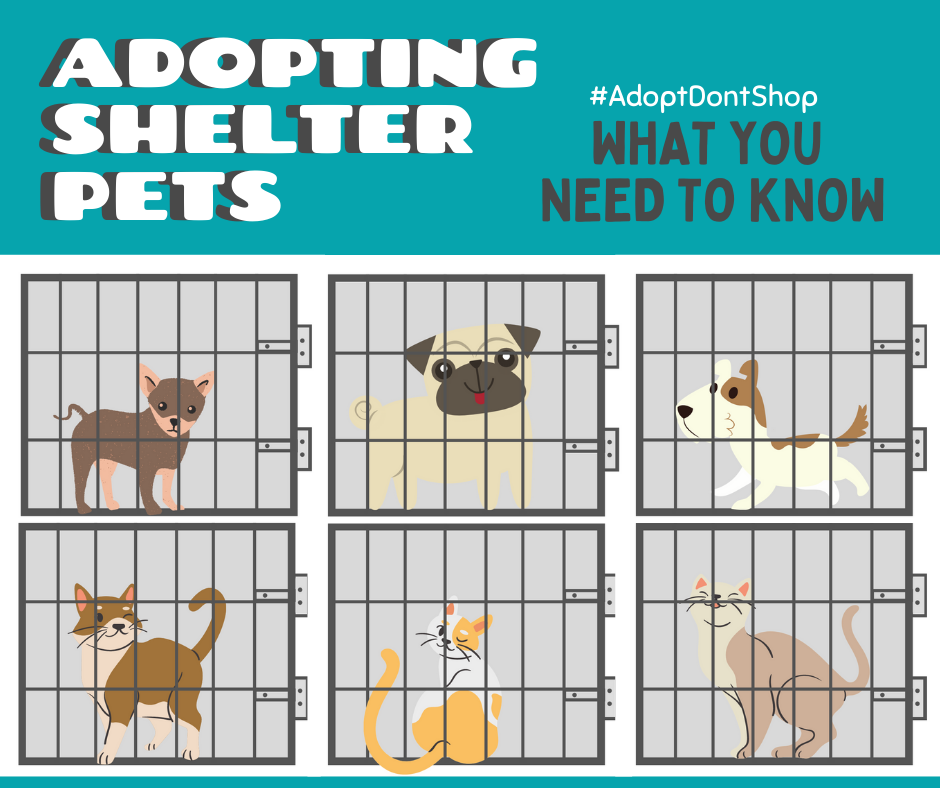
This article is a reprint that was first published on 05/07/2013
WHAT IS ADOPTION?
Many animals come in as strays found and other animals are dumped, abandoned, or surrendered by their owners. If these animals are not claimed by their owners within the pound period, the shelter has two options namely, euthanize or adoption. Adoption is when you give an animal from a registered and responsible rescue organization/shelter a second chance, as part of your family. You will pay an adoption fee and go through a process of responsible homing.
WHEN YOU ADOPT YOU CHANGE MORE THAN ONE LIFE!
Here are a few of the many benefits of adopting a pet:
- You not only save a life but will also make resources and space available for the next one to be rescued.
- If you can do the math, you know you will save money by adopting!
- Adopted pets for the most part are already “trained”.
- You also help to lighten the load of a shelter that rescues animals and make the rescuers go on for just one more day.
- By adopting from a reputable shelter, it also allows you to take a stand against pet stores, puppy mills, and breeders and you do your part to put a dent in the pet-for-profit trade.
- You can also build a relationship with the shelter that can really come in handy!
- There is no greater kindness you can offer a frightened, confused shelter pet than a place in your heart and home. Many adoptive parents can attest to the special bonds created after adoption.
Also, read more about ethical choices when it comes to your wardrobe.
THINGS TO CONSIDER BEFORE ADOPTING
- Are you ready for a pet?
- Can you afford pet care in the long term?
- Have you researched their specific needs and can you meet these needs?
- Does the animal fit your family’s lifestyle?
- If you live in a townhouse complex, written approval from the body corporate, that pets are allowed, must be obtained.
- Municipal By-laws must be adhered to with regard to the allowed number of pets.
- You may never know their breed, medical history, or behavioural history.
- You will have to pet-proof your home beforehand.
- Get the necessary items for your car and for travel.
- You will still need to buy beds, blankets, toys, leashes, deworm every 3 months, vaccinate every year, and buy good food every month, this does not even include saving for an emergency!
- They need to be spayed/neutered and a form of identification added, which is usually included in the adoption.
- Social animals should not be the only animals in the house and most need to be around their own species.
- They might need some training and patience to build trust, more time to adjust, and might not get along with all people or animals.
- Choosing the right breed for your lifestyle is however especially important.
- Never make a decision based only on a dog’s look, size, breed, etc. The energy level of that animal should fit with that of your family.
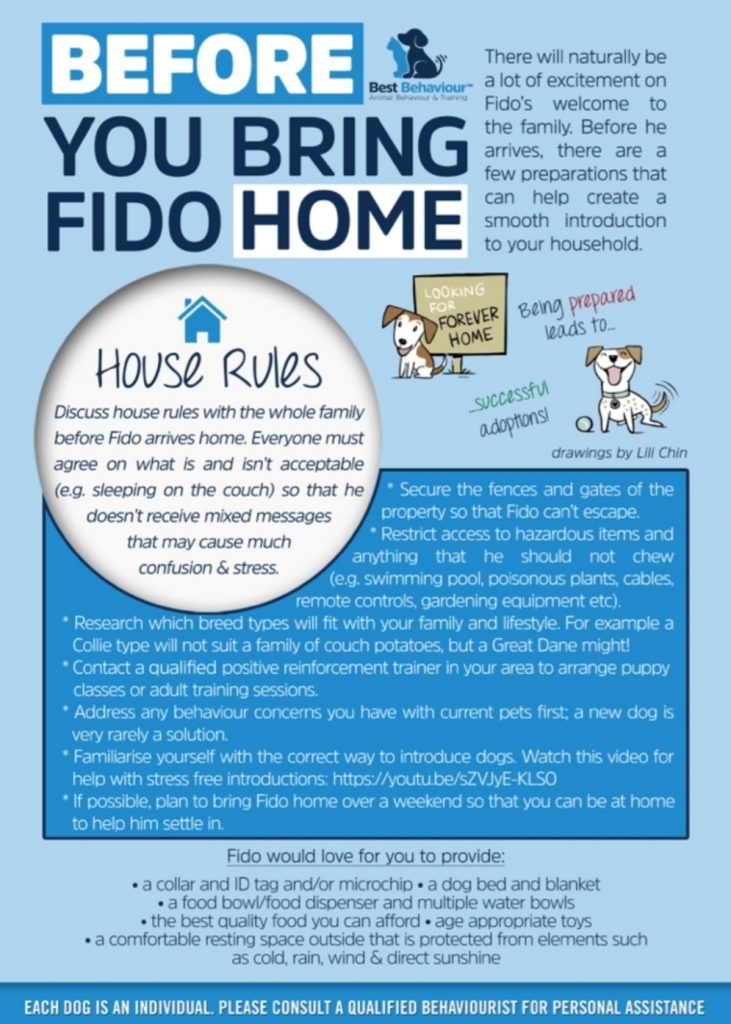
OUT-OF-TOWN ADOPTIONS
Adopting an animal from a shelter in another town is possible. Usually, a local animal rescue or SPCA in your town will do the home check. Out-of-town adoption however will cost more, and the travel stress can be a lot for the animal. If you change your mind, you can’t expect the shelter to cover the costs. So really think this through and commit 100% before you choose this option.
WHAT CAN YOU EXPECT DURING THE PROCESS OF ADOPTING A PET?
The process and policy might differ between organizations. The process usually includes an application form, meet & greet, home check, paying an adoption fee, signing an adoption contract, sterilization, and follow-up. Depending on availability for sterilization at the Veterinarian or home check schedules, this can be completed in as little as 3 or 4 days.
Irresponsible homing is not rescue! Because there are far too many irresponsible organizations (yes in our area too) as well as scammers out there, we consider it to be a responsible adoption only when it includes the following:
- The organization must be registered and have a clear adoption policy as well as transparency and accountability.
- Must have a comprehensive adoption application.
- Must require proof of address and a copy of the adopter’s ID.
- Must do a home check in person.
- They must not breed or support breeding in any form. These are the biggest hypocrites “in” animal welfare.
- May not allow adoption for someone else as this is highly irresponsible and no reputable and responsible organization will do this.
- Must have an adoption contract that includes a sterilization policy and return policy. They should always take the animal back if the need arise.
- Should do follow-up post-adoption.
- Meet and greet with all the family members (humans and animals) is important.
- We believe the adoption fee should at least include, sterilization, deworming, treatment for ticks and fleas, first vaccination, microchip, and ID collar.
Please note – If it is an individual who is “re-homing” their dogs or their friend’s dog, or giving animals away for free, or selling them, then it is not an adoption and they are part of the problem by abusing the term ‘adoption’ and fueling this massive overpopulation crisis. Selling animals on Facebook goes against their community standard and should be reported to Facebook and the group admins.
ABOUT ADOPTION FEES
If you think adoption fees are too expensive, then we will advise that you rather not get any pet. If you do the math a responsible pet owner would do, then you will know that the adoption fee which includes sterilization and more, is relatively inexpensive compared to the cost of purchasing a pet, or even compared to getting a pet for free, and that is excluding the animal itself.
EXAMPLE – Take a medium-sized female dog in Secunda and surrounding areas:
WHEN YOU BUY (Excluding cost for the animal itself.)
- Sterilization easily up to R1500
- Microchipping R375
- Deworming R60
- Vaccinations R400
TOTAL: R2335
WHEN YOU ADOPT
If all of the above are included in our area, it is around R1250 plus the fact that you saved a life…………which is priceless! That is a R1085 difference plus you just pick up the animal with all of it done already so saving on time and petrol.
Responsible pet owners will do all of the above for their animals and more. So, when you say adoption fees are too much, I would seriously question your math skills and sense of responsibility. If you can’t afford adoption fees, then I doubt you will be able to properly care for that animal, even if your heart is in the right place!
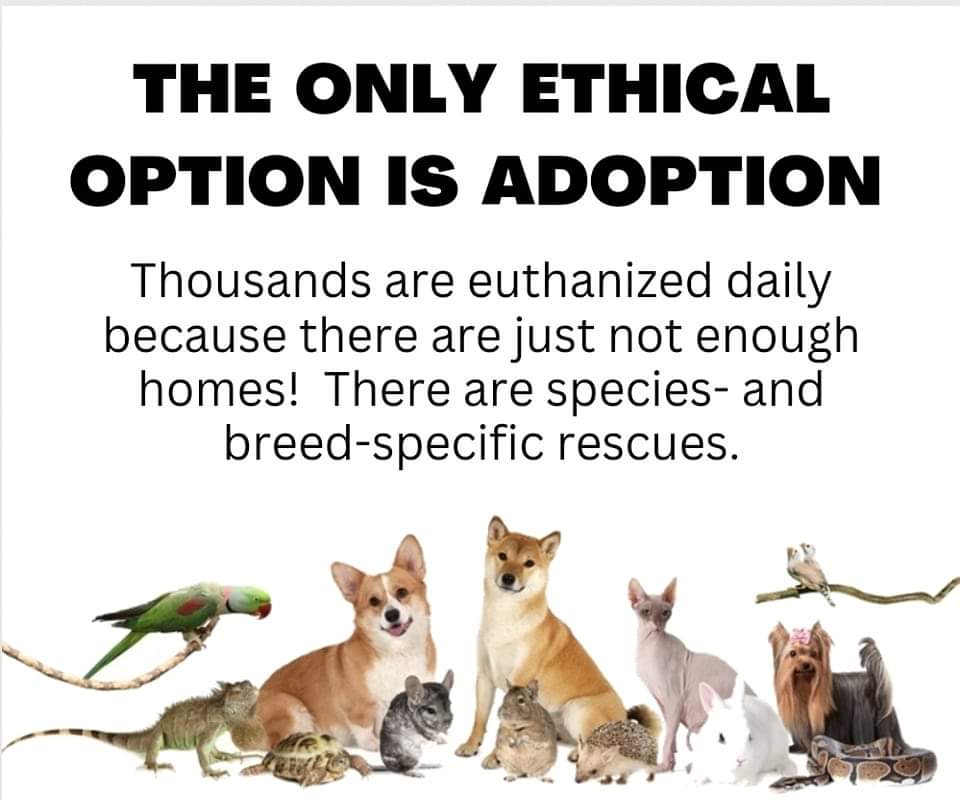
HOME CHECKS
This is one of the most important aspects when it comes to the credibility of responsible animal welfare organizations. As a prospective adopter, you do not have to be afraid of a home check! You might learn some valuable information about being a pet owner or things to look for and so, you can help educate others to improve the lives of animals! You can also build a relationship with a knowledgeable person which can come in handy in the future. Most organizations will give you time to make the necessary, reasonable changes and still adopt.
SOME HOME CHECK CONSIDERATIONS INCLUDE:
- Access to basic needs like food, water, and shelter.
- Fences, swimming pools, neighbour’s animals, and surrounding areas.
- Inspection of the other animals in the home, their general condition as well as their behaviour toward their owners and other animals.
- Children and their attitude towards the animals.
If the organization doesn’t include both a home check and sterilization then they are NOT A RESPONSIBLE ORGANIZATION and we consider them to be a pet shop. By supporting them you help fuel this massive overpopulation crisis. No matter what they call it, and even if they are registered!
Organizations get blamed for being too strict when it comes to adoptions. If the process is too ‘hard’ for you, the commitment to the animal for their life will be impossible for you. You must remember that we are responsible for the life of a sentient being, not just an object you buy at the shop and can return or throw away when you are not happy. It is not just about a good home, but about the right placement for the animal, considering their needs and the availability of resources to meet those needs.
One popular critique is not allowing adoptions when all the animals in the yard are not sterilized. It is a standard practice among reputable rescues to require any existing animals to be sterilized, even if you adopt a dog and have a cat. It is counterintuitive to our mission as rescuers to allow puppies, kittens, or bunnies to be homed where there are unsterilized animals. We would not have this massive overpopulation crisis if people sterilized their pets. It is about responsible pet owners.
REMEMBER
- It may take some time to gain the adopted pet’s trust.
- After adoption they need time to adjust (3 months at least) and they might be scared at first or for extended periods.
- The stress and diet change (which should be done correctly and be species-appropriate) can likely cause diarrhea, or maybe constipation.
- Even if the bond is instant, you don’t know your pet yet, so take the necessary precautions around other people, children, and pets, and do not introduce them to everyone at once. You are their advocate.
- Get some professional help from a qualified behaviourist (there is a difference between a trainer and a behaviourist) if there are any behaviour concerns.
- Shelters will not knowingly give you a sick animal, but also contact them when in doubt.
- Not being “purebred” can actually be beneficial.
- It is crucial to set the “house rules” and the whole family needs to stick to them and be consistent, so as not to confuse the animals.
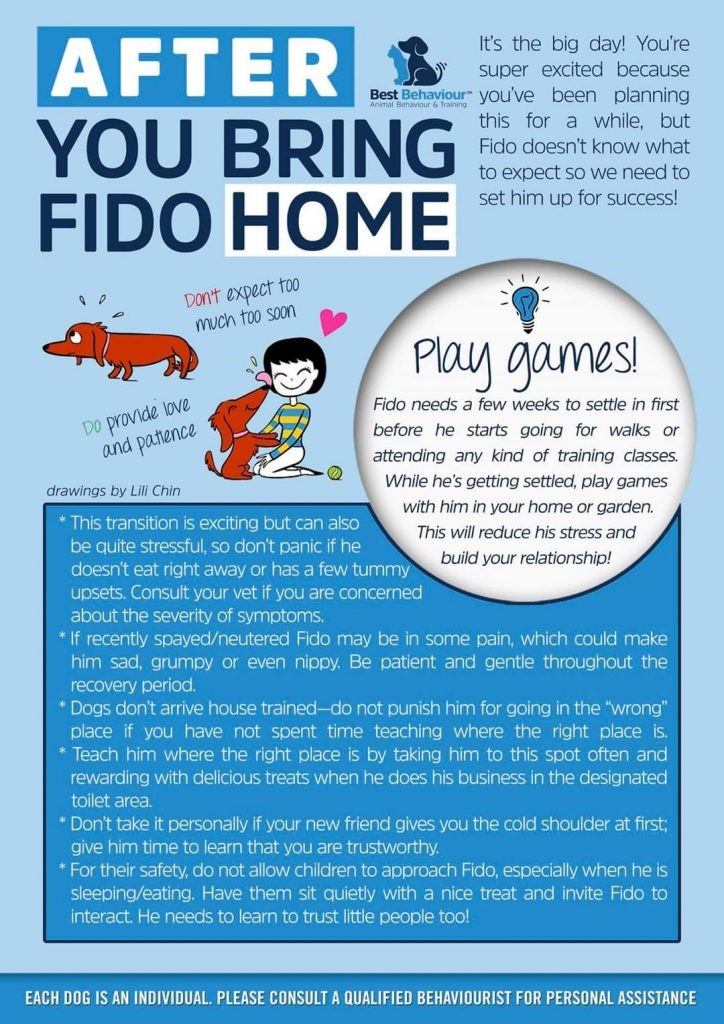
Rescue is the best breed! We always advise you to go and meet the animals available at your local shelter. Shelter pets are not broken, they were only failed by humans, but most people only realize this after they have volunteered at the shelters. Adopting an adult pet can even be better than a puppy and you might just fall in love with one that you never thought of.
There are breed-specific shelters and shelters for birds, rats, bunnies, and other critters. If you like a particular breed, there are many different ones up for adoption through breed-specific rescues (e.g., google “Poodle” rescue SA). If you can’t find the pet you’re looking for locally, consider widening your search but keep in mind the stress for the animal if you adopt from out-of-town.
In a world where thousands of animals (about 2800 in SA alone) are humanely killed (PTS/Euthanized) EVERY DAY…… adoption is the only ethical option! Visit your nearest reputable shelter and make a difference today! ADOPT DON’T SHOP!
Next week we will look at understanding the different types of people in animal welfare.